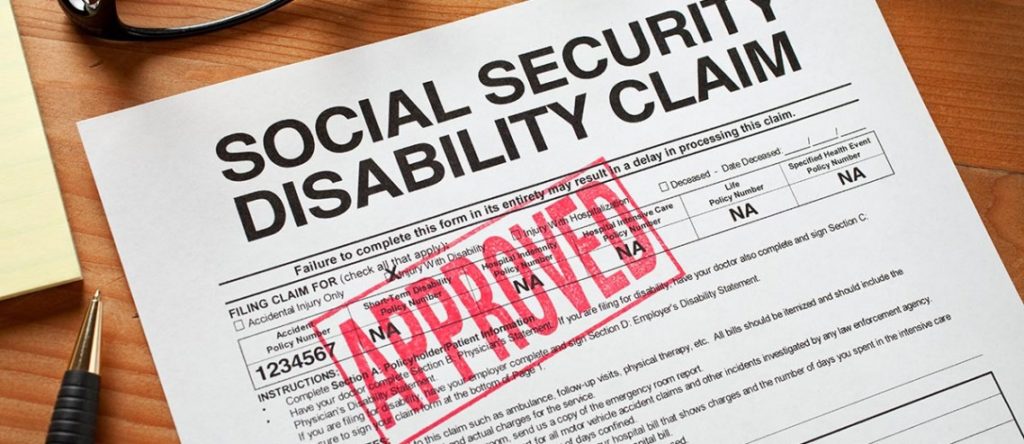
1. Some claimants choose not to pursue their claim by filing an appeal after their case has been denied. In effect, they accept their denial notice as the final word on their claim.
Pursuing the claim through the appeals process will stand a fairly high chance of eventually being approved. Filing the first appeal will get the case processed as a request for reconsideration. Reconsiderations are almost always denied. However, after a claim is denied at the reconsideration level, a claimant will be allowed to file a request for a disability hearing.
Assuming that the case has received proper preparation at this level, and that the claimant has chosen a good disability representative to appear before the administrative law judge, the chances of winning will be good. More than 60% percent of all represented claimants will be awarded disability benefits following a hearing.
2. Some claimants file a new claim instead of filing an appeal. The case simply gets denied again on the new claim. For the outcome to be any different, of course, would not even be logical, though, since a new claim will be handled by the same agency (DDS, or disability determination services) that made the decision on the first claim.
Confused claimants continue to a new claim instead of submitting an appeal, because in the past, the Social Security Administration was forced, on more than one occasion, to change the wording of its denial notices since they mistakenly gave claimants the impression they should file a new application instead of appealing.
Why are the odds better at a hearing? There are several reasons. The first is that adminstrative law judges give more credence to the opinion of a claimant’s doctor, or treating physician. Secondly, since the hearing is the only step in which the decision-maker meets the claimant, it may be easier for the judge to be subjectively influenced by the claimant’s symptoms, appearance, and testimony.
3. Some claimants intend to appeal, but miss the appeal deadline. This also happens frequently. The main responsibility might be that the claimant is unsure of what to do next as a result of anxiety or depression following the denial of their initial claim. In other cases, however, it may be that the claimant is seeking to have a disability attorney file their appeal for them and the fact that they have not located an attorney yet is holding up the filing of their appeal paperwork.
We can help you. Call us now!
*source: https://www.ssdrc.com/disabilityquestions1-67.html

